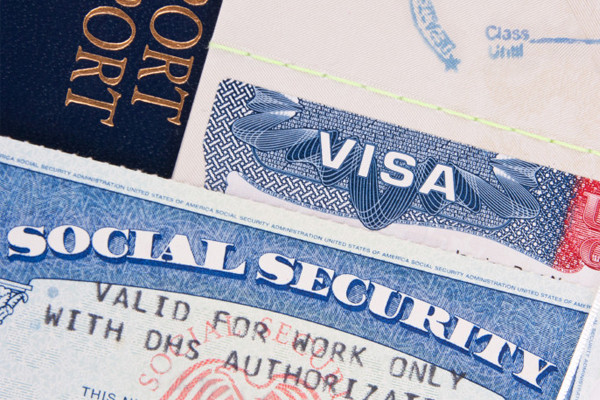
The government is going to let in 35,000 more H-2B workers than the usual ceiling of 33,000 for the second half of the fiscal year, the Department of Homeland Security announced on March 5. This is one of the smaller foreign worker programs and is for unskilled, non-agricultural workers; it will be more than double in size for this time period.
Last year at this time DHS announced it would let employers hire an additional 30,000 for the last half of the fiscal year, so today's announcement marks an increase on prior increases in the program.
In contrast, there is no ceiling on the H-2A (farmworker) program and it has grown rapidly in recent years; there is a continuing 85,000 ceiling on new slots in the H-1B program, but there is no limit on the number of three-year visa extensions. Thus, both programs are increasing in size, but within differing control mechanisms.
While any increase in any of the foreign-worker programs is bad news, there is an interesting new development in this one — a set-aside of 10,000 slots that can only be used to hire H-2B workers from the three nations sending us so many illegal aliens, the Northern Triangle states of Guatemala, Honduras, and El Salvador. According to DHS, this is a use-or-lose proposition; if U.S. employers do not arrange for the hiring of the 10,000 from the three nations, the slots will not be transferred to workers from other places.
The hope is that the slots will be used, and that this will ease, if only slightly, the pressures on our southern border. We at CIS suggested that people from the Northern Triangle should be given priority over those from other nations in the H-2A and H-2B programs, but that this should happen without increasing the overall flow of nonimmigrant workers.
In addition to these 10,000, the other 25,000 additional H-2B workers slots are to be given only to returning former H-2B workers; the thought here is that this is a population that has proved, at least once, that it can be admitted for temporary work in the States, and then return to the homeland after the tour of duty is finished.
Why not impose this provision on all incoming migrants in the H-2A and H-2B program? This would decrease the size of the programs slowly over time without any one-on-one enforcement actions, while at the same time lifting wages.
The DHS announcement also said that tighter enforcement and more vetting will take place in the near future, and that there would be more enforcement-oriented site visits. The Department also stressed that Congress should set the ceilings for this program, rather than have it give DHS the power to increase the number of admissions, as it has done in the last couple of years.
